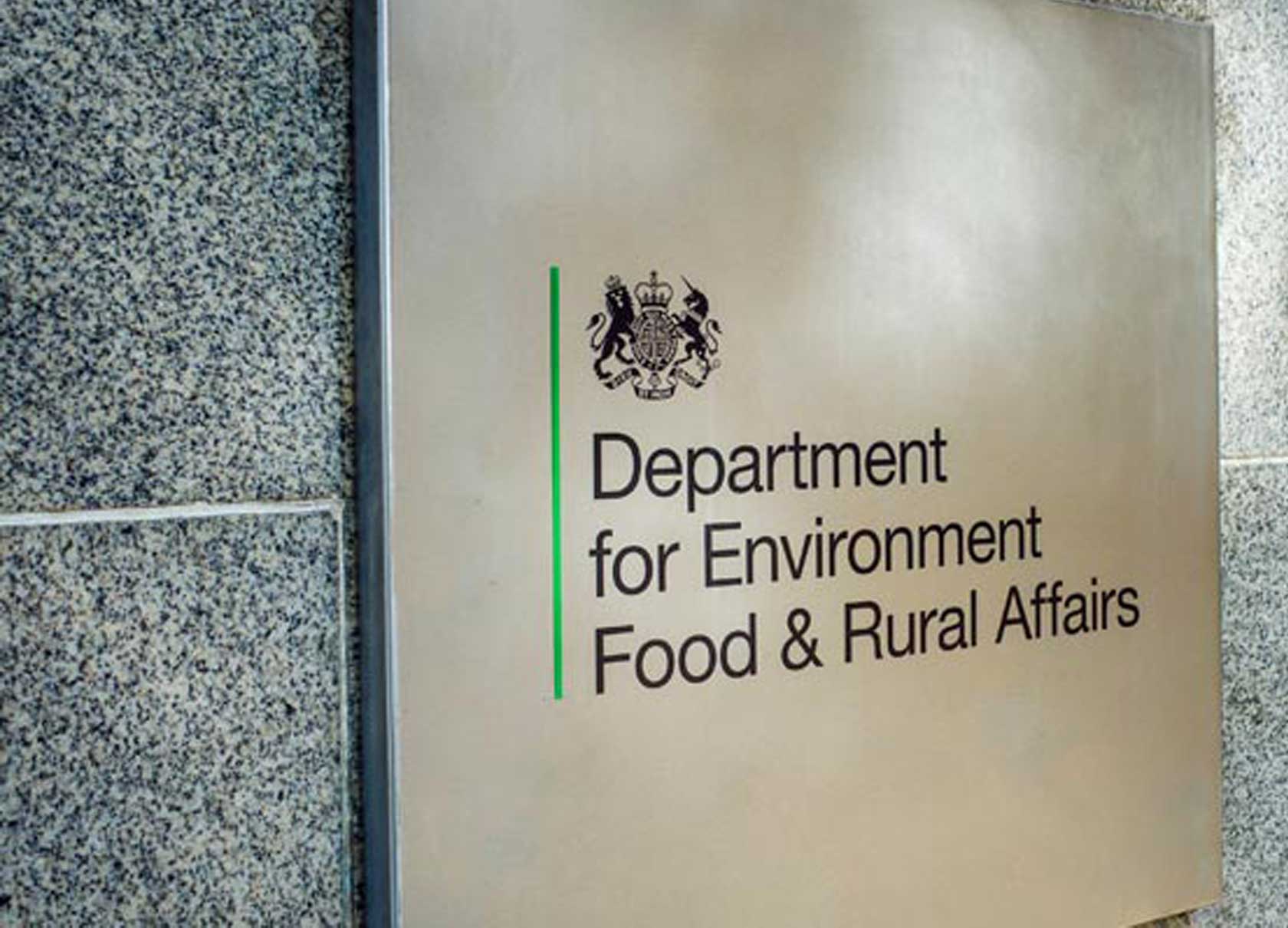
In its third report on Defra’s Farming and Countryside Programme, the National Audit Office scrutinises how well it’s being managed, what impact it’s had on farm productivity and how well it is delivering on environmental outcomes and food production.
The report highlights a lack of information and data, and an uncertainty surrounding how the Programme will develop, which is inhibiting long-term planning and investment by farm businesses. It states that ‘Around half of England’s farmers say they are not at all positive about their future in farming’.
Driving that pessimism, the report suggests, is ‘Defra’s lack of transparency and caution in sharing information, in areas such as land use change and the impact on food production and farm viability’ which is says has been ‘eroding trust’.
A key part of the report looks at the ‘trade-offs between delivering environmental objectives and maintaining food production’ and cautions Defra to account for both when designing new schemes. This also brings into play the need for a comprehensive Land Use Framework (and the accompanying analysis) which is currently a year overdue.
The FAO report author’s must have had sight of Defra’s preliminary work because it says that: ‘The analysis shows that the impact on food production could be fully or partly offset by technological progress and productivity improvements, leading to improved yields, and improved growing potential due to climate change. According to Defra’s analysis, to maintain the current level of food production, the required annual growth in output on land remaining in production would be below the annual growth over the last 15 years. Whereas to maintain food production proportionate to the expected growth in population would require growth slightly higher than over this period’
Feeding a growing population and the level of domestic food security that requires is a serious concern. Worryingly the report highlights that ‘grazing livestock farms, which made up over 40% of farm holdings in England in 2022, are the most vulnerable to the removal of direct payments’.
Commenting on the report, Farming Minister Daniel Zeichner said: ‘We will optimise schemes and grants in an orderly way, ensuring they produce the right outcomes for all farmers, while delivering food security and nature recovery in a just and equitable way’.
‘The government will ensure that our schemes work for those farmers who have been too often ignored – including small, grassland, upland and tenanted farms.’
We are the UKs largest trade body for the meat industry and provide expert advice on trade issues, bespoke technical advice and access to government policy makers
We are proud to count businesses of all sizes and specialties as members. They range from small, family run abattoirs serving local customers to the largest meat processing companies responsible for supplying some of our best-loved brands to shops and supermarkets.
We are further strengthened by our associate Members who work in industries that support and supply our meat processing companies.
We are the voice of the British meat industry.

17 Clerkenwell Green
Clerkenwell, EC1 0DP
Tel: 020 7329 0776